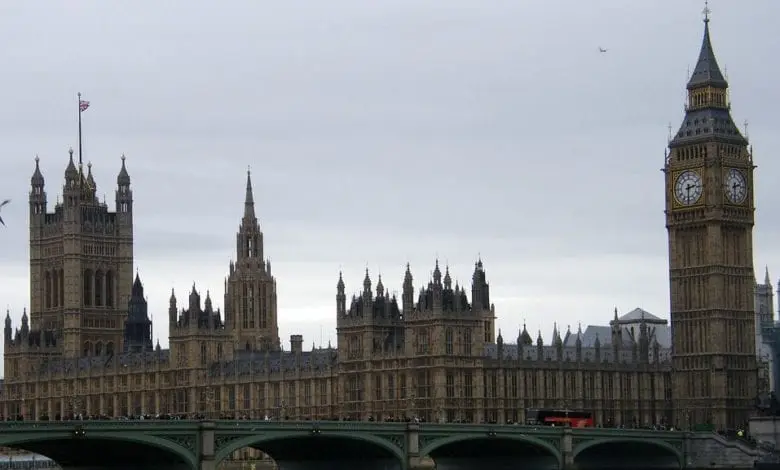The furloughs and loans are useless to small businesses

The small business community has been watching with great hope to see if the government will introduce measures that are useful for them to survive this period. Alas, those announced are absolutely useless for small companies, which make up an extremely significant portion of the UK economy.

